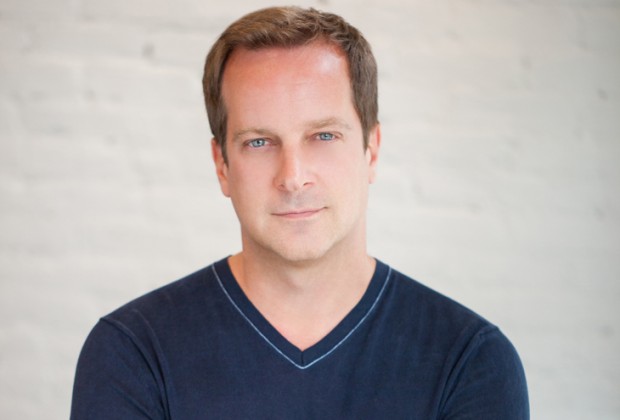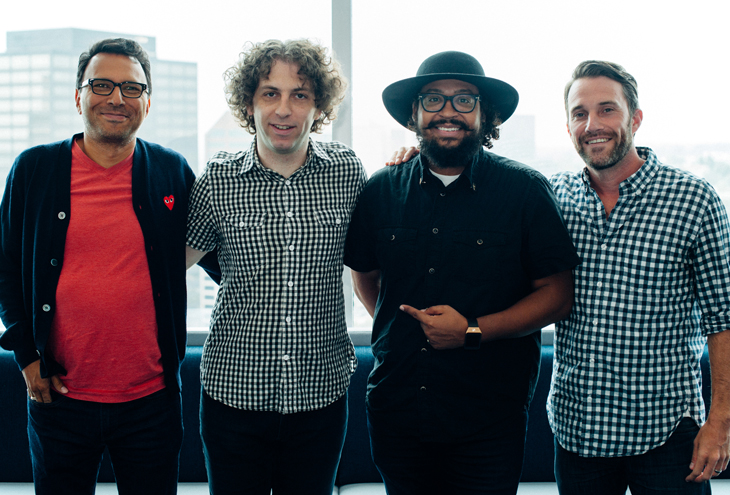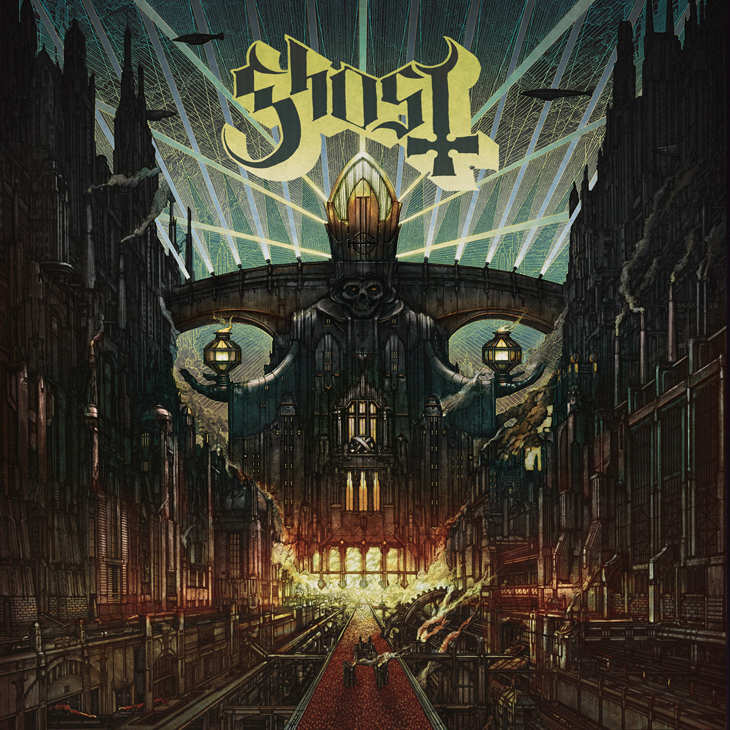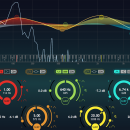BACKGROUND
First an artist, then a Multiplatinum writer/producer, Simon Perry switched gears by joining ReverbNation. The website, which helps artists score gigs, build fan bases and generally develop careers, has aided millions of artists. Perry helped develop the company's curation capability and their CONNECT talent incubator, which curates those artists and offers those who make the cut an even greater level of professional support.
Conversation Starter
I have a licensing company in L.A. [Archangel]. ReverbNation was looking at doing something around licensing and my wife, who was at ReverbNation, suggested Mike [Doernberg], the CEO, talk to me. Mike and I started a discussion we’ve been having ever since. I was coming at it from having had a career in the industry and Mike was coming at it from having had a career in business and technology. We started thinking about ways art and technology could help each other. That led to experiments. We’re still enjoying the challenge of thinking about the ways art and science can inform and improve each other.
A Unique Resource
Since 2007, I’ve had a licensing company, which is now a partnership with Prescription Songs. I’d been thinking about licensing problems, clearing music and clients’ need to find licensable music from emerging artists. ReverbNation presented an opportunity to solve that problem: a unique resource—between 30 and 50,000 new artists joining the site every month, bringing 250,000 copyrights a month. There isn’t anybody else competing at that level.
Read More: Perry Promoted to Chief Creative Officer of ReverbNation
Going Analytical
Having worked in the industry for years, it was refreshing to approach problems in an analytical way. They were prepared to roll up their sleeves and not be mystical about it. The way they think about the world informs the way they think about providing value to artists—how they can provide maximum value to artists who are at different points in their careers. If we’re successful at that, we’ll be successful as a company.
Curation Conundrum
The industry doesn’t need 3.8 million artists. It doesn’t even need 100,000 artists. It needs a small number of the right artists. That means solving the curation problem. There was no analog for this with another company. No other company had to go through a back catalog of 14 million songs with 40,000 new artists a month.
Kacey Musgraves, Imagine Dragons, Mac Miller, The Civil Wars, Alabama Shakes—lists of artists had started with us and gone on to tremendous success, and we weren’t part of their stories in a meaningful enough way that we could hold them out as our successes. And that was for the simple reason we hadn’t identified them early enough—we spotted them at the same time as the Grammy committee. So we had to figure out how to find those artists on our site before anybody else, so we could provide access at an early stage.
Every Artist’s Different
Artists are like snowflakes, which means no two artists want the same thing at different times in their career. We couldn’t say, “Let’s invent a funnel that goes straight to major labels.” We said, “How do we divine a curation system that allows us to sort through artists and understand what they need?” We spent two and a half years testing and designing a system we’re sure is an industry first. The interesting part is we don’t take rights, because we have a core business that allows us to drive revenue in other ways.
One Chance Deserves Another
It’s not one listen and you’re out. It’s a fluid meritocracy. Artists are constantly creating new works and have a long lifespan during which they evolve and grow. As long as artists keep creating, we’ll keep listening. Everything an artist does comes to our attention.
A&R Trumps Data
A question we asked was––can big data identify future prospects without human interaction? Everybody’s looking for magic machines that allow you to press a button and an act falls out. The idea that data could solve problems was attractive. If anybody was positioned to have big data be the solution, it was ReverbNation.
We discovered that big data was not a silver bullet. Data only tells you about an artist when it’s too late, when a bunch of other people know about the artist as well. The only way to find artists that haven’t been exposed is to do old-fashioned A&R, surrounding yourself with people who are passionate about music and good at spotting talent.













